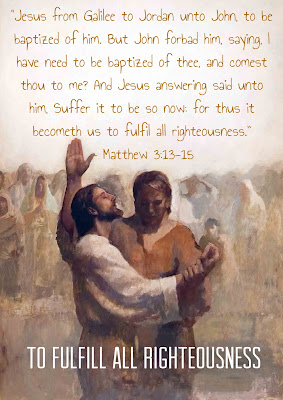Repent Daily: Take Not the Name of God in Vain

The command to repent is given to every gospel dispensation, but it seems as though there has been a great deal of confusion about what repentance is. We often don’t internalize that repentance is a commandment, a process, and a critical ongoing action that is necessary to be free of sin. Israel was continually commanded to repent. The Mosaic Law included rituals for individual repentance as well as repentance for the whole congregation of Israel. Isaiah described personal repentance this way: “Wash you, make you clean; put away the evil of your doings from before mine eyes; cease to do evil; Learn to do well; seek judgment… Come now, and let us reason together, saith the Lord: though your sins be as scarlet, they shall be as white as snow; though they be red like crimson, they shall be as wool.” — Isaiah 1:16-18 Before Christ, “John did baptize in the wilderness, and preach the baptism of repentance for the remission of sins.” (Mark 1:4) During His earthly ministry, the Savior compare...




